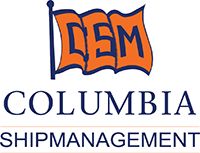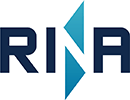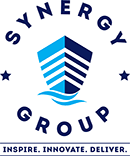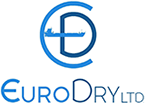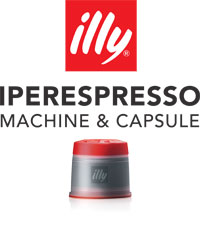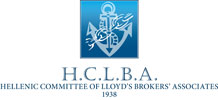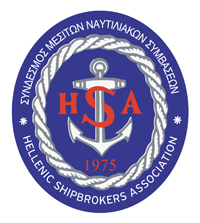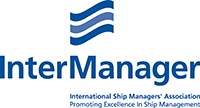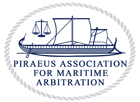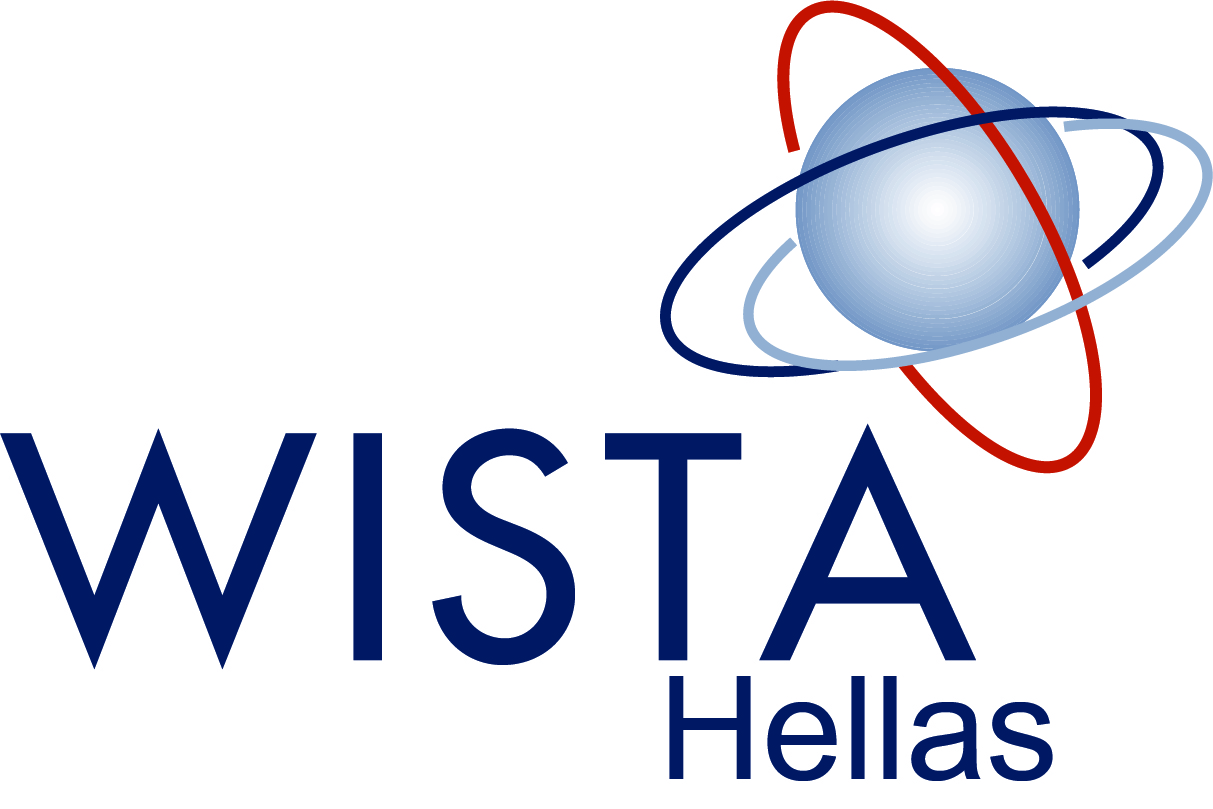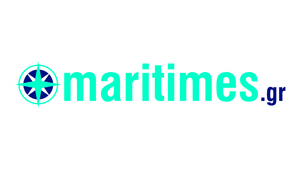Agenda v 1.0
Thursday, September 29, 2022
Divani Caravel Hotel - Athens, Greece
8:00 9:00am
REGISTRATION & COFFEE
OPERATIONAL EXCELLENCE- THE ROLE OF SAFETY AND SUSTAINABILITY

9:25 10:05am
ADDRESSING INDUSTRY CHALLENGES
Enhancing Competitiveness, Efficiency, Safety & Sustainability
Enhancing Competitiveness, Efficiency, Safety & Sustainability
Replay: Video
Video
Industry Organizations and Classification Societies work independently and together providing guidance and support to the shipping industry and mapping its response to the geopolitical, regulatory &market developments that affect shipping today. The panel will highlight the main priorities, objectives and initiatives they are working on and how they address the changing needs of the industry.
Moderator:

Panelists:


Deputy Chairman
Contships Management
Former President
Hellenic Chamber of Shipping (2016-2025)
.png)
Lawyer
A.S. Papadimitriou & Partners Law Firm
Member of the Board of Directors
Global Finance S.A.

10:10 10:50 am
MINISTERIAL ROUNDTABLE
The State Of The Industry & The Road Ahead- The Role Of The State
The State Of The Industry & The Road Ahead- The Role Of The State
Replay: Video
Video
Moderator:

Panelists:


10:50 11:20 am
COFFEE BREAK
Shipping is vital to the global supply chain, yet remains one of the most hazardous industries in the world. There are an increasing number of incidents and seafarer fatalities, also with significant high cost asset damage and environmental pollution claims. There is a need for stronger cooperation in the industry, and a sustained programme that is focused on leadership, showing care for the wellbeing of seafarers, and preventing major incidents from happening. The panel will discuss the opportunities, and the importance of safety in enabling the future sustainability of the shipping industry and in improving its business performance.
Panel Chaired By:

Panelists:
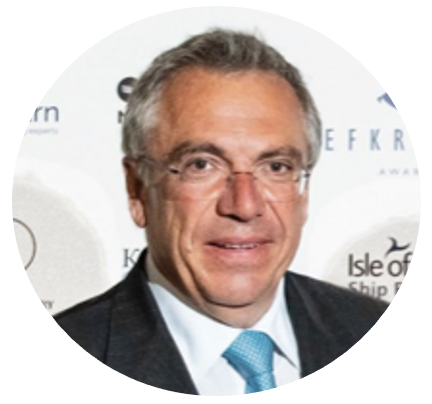



12:05 12: 45 pm
THE HUMAN FACTOR
Recruiting, Competence Building & The Welfare Of Seafarers
Replay:Recruiting, Competence Building & The Welfare Of Seafarers
Geopolitical events are presenting a number of operational challenges to the shipping industry and its seafarers who frequently find themselves on the front line. Seafarers are the backbone of the shipping industry - as we all witnessed during the Covid-19 pandemic - and the issues of recruitment, competence building, retention and welfare remain core challenges as shipping companies need to ensure the long-term availability of seafarers. Adding to the challenge is also the situation with on shore personnel, as the shipping industry competes with other industries for the attraction of proper talent.
Moderator:

Panelists:


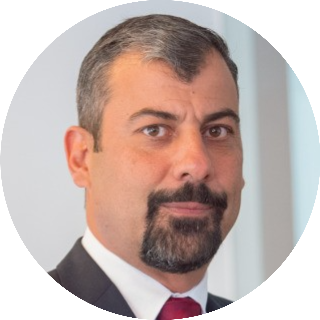

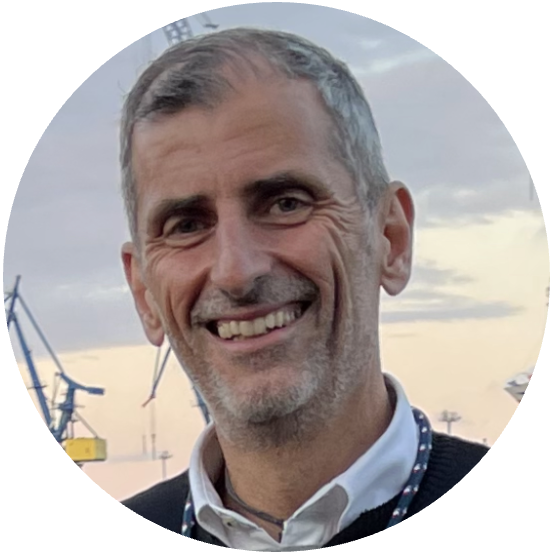
12:50 1:10 pm
AWARD PRESENTATION & KEYNOTE ADDRESS
2022 Capital Link Maritime Sustainability Award
2022 Capital Link Maritime Sustainability Award
Replay: Video
Video
Award Honoree & Keynote Speaker | Introduction & Award Presentation by |
1:10 2:00 pm
NETWORKING LUNCH BREAK
Operational Efficiency, Sustainability, Decarbonization are all interlinked and impact the competitive positioning of shipping companies as they interact with their trading and financial partners as well as their shareholders and investors. New regulatory mandates are coming into effect as of January 2023, while there are several options still under discussion as to how to achieve the longer term decarbonization objectives for 2030 and 2050. Industry self-discipline, measures to enhance operational efficiency and ultimately the selection of the proper fuel are among the options and alternatives. This panel will discuss alternative strategies followed by shipping companies.
Moderator:

Mr. Elias Kariambas
Director, Regional Business Development, Greece
ABS
Panelists:



President
Enterprises Shipping & Trading
Managing Director
Golden Energy Management



3:05 – 3:45 pm
EMBRACING THE TECHNOLOGICAL (R)EVOLUTION TAKING SHIPPING TO THE NEXT STAGE
Replay: Video
Video
Technical, commercial, and corporate operations are optimized through technology with impact on efficiency and profitability. Shipping companies are called to make choices and investment decisions prioritizing among the various areas. This panel will discuss how shipping companies evaluate and prioritize their investments in technology taking into consideration regulatory requirements and market expectations and conditions.
Moderator:
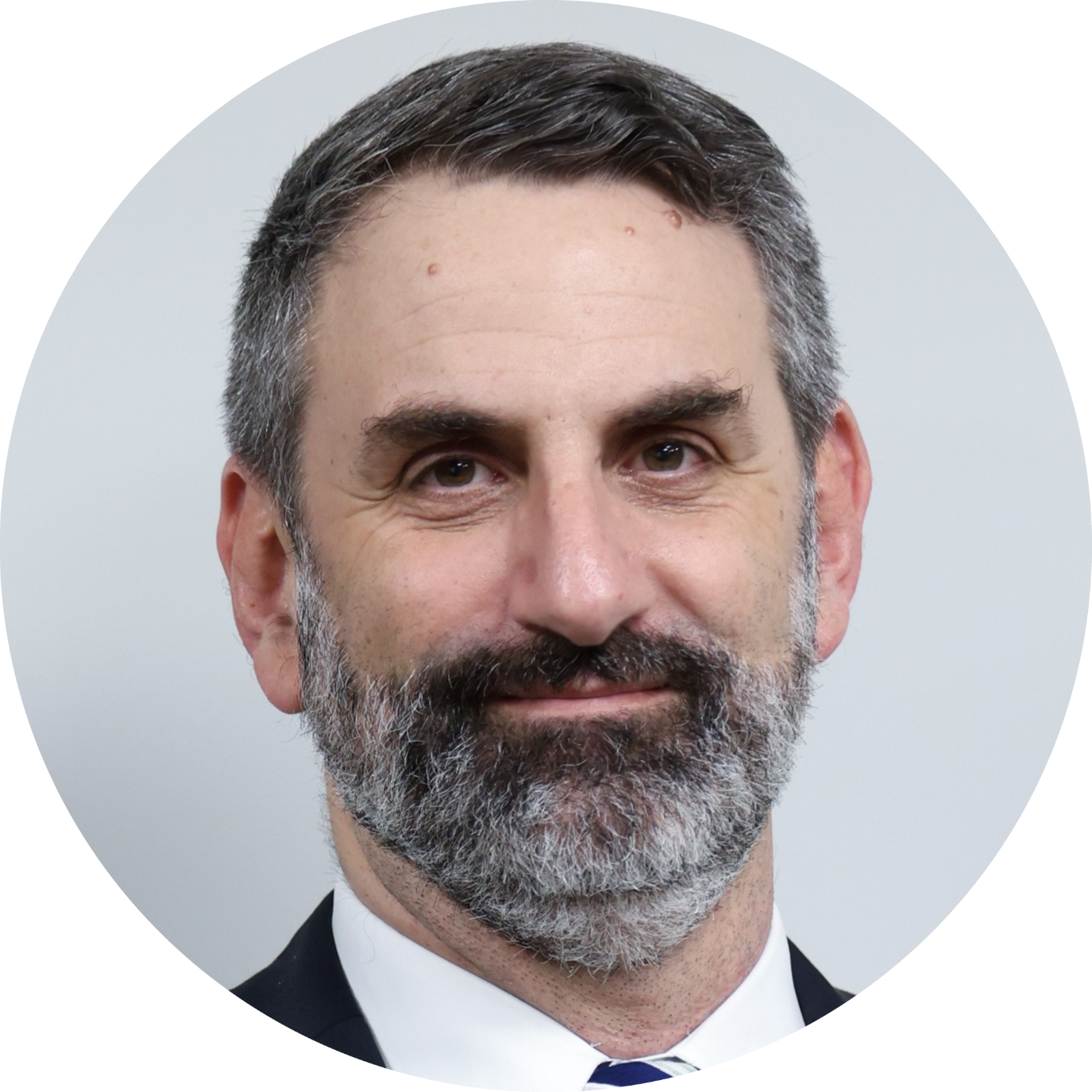
Panelists:





Covid-19, geopolitics, global supply chain complications, new regulations, charterer, financier and investor requirements, the increasing use of technology, to name just a few factors, have created new challenges for Fleet Management. This panel will discuss how shipping companies formulate and implement Fleet Management strategies. It will also tackle the relationship between fleet size and diversity, efficiency and quality.
Moderator:
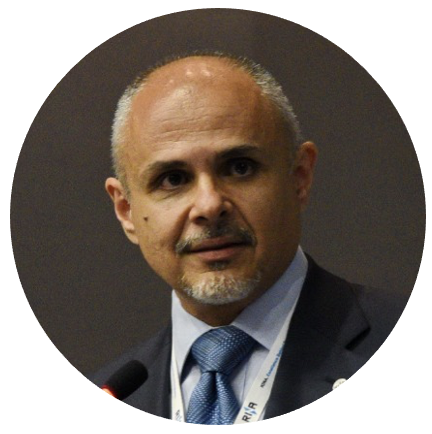
Panelists:


Chief Operating Officer, Dry Bulk Fleet
Costamare Shipping Services
Vice Chairman
INTERCARGO



Group Commercial Director Europe / Managing Director – Mediterranean Cluster
V.Ships Greece Ltd.
Decarbonisation is currently the biggest challenge the shipping industry faces. IMO is taking the lead in tackling GHG emissions and setting the targets. Many parties are aiming for net-zero by 2050. The current ship design which is based on fossil fuels is inadequate to achieve this and we need to have ships designed for the future, especially adapted for zero-carbon or carbon neutral fuels. The industry is striving hard to achieve this, and the efforts put in by the Japanese industry in developing cutting edge technologies are showcased.
Presentation by:

5:00 – 5:40 pm
FLEET RENEWAL
A Necessity For Competitiveness & Decarbonization Despite The Uncertainties?
A Necessity For Competitiveness & Decarbonization Despite The Uncertainties?
Replay: Video
Video
What are the factors going into fleet renewal in todays environment against the backdrop of uncertainties regarding regulations and fuels? What are the viewpoints of charterers, financiers, shareholders, investors and the broader community? What is the risk for obsolescence due to technological advancements and fuel developments? To what extent is vessel modernity and efficiency a major competitive advantage or drawback? All these are major issues going into the decision-making process of shipping companies as they have been striving to ensure their long term competitiveness.
Moderator:
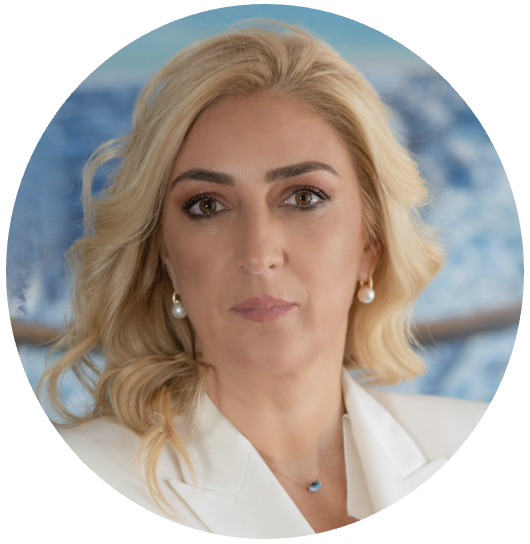
Senior Vice President M&O East Europe, Mediterranean Sea, Middle East, Africa & India (EMA)
Bureau Veritas
Panelists:





5:40 – 6:40 pm
COCKTAIL RECEPTION




